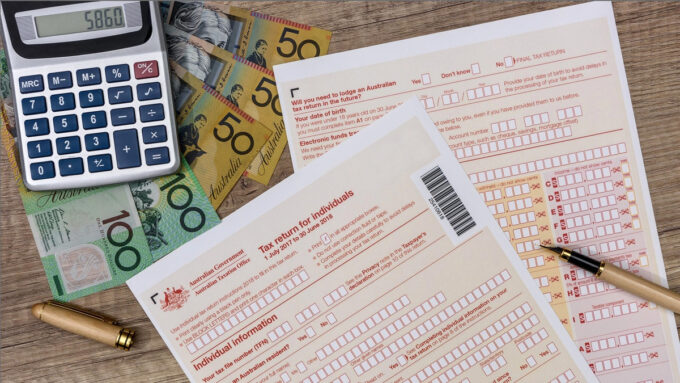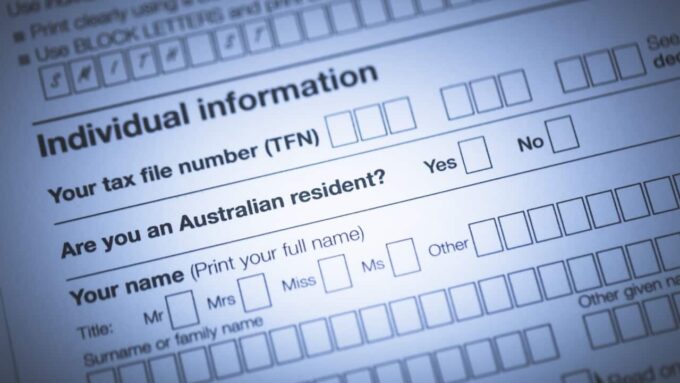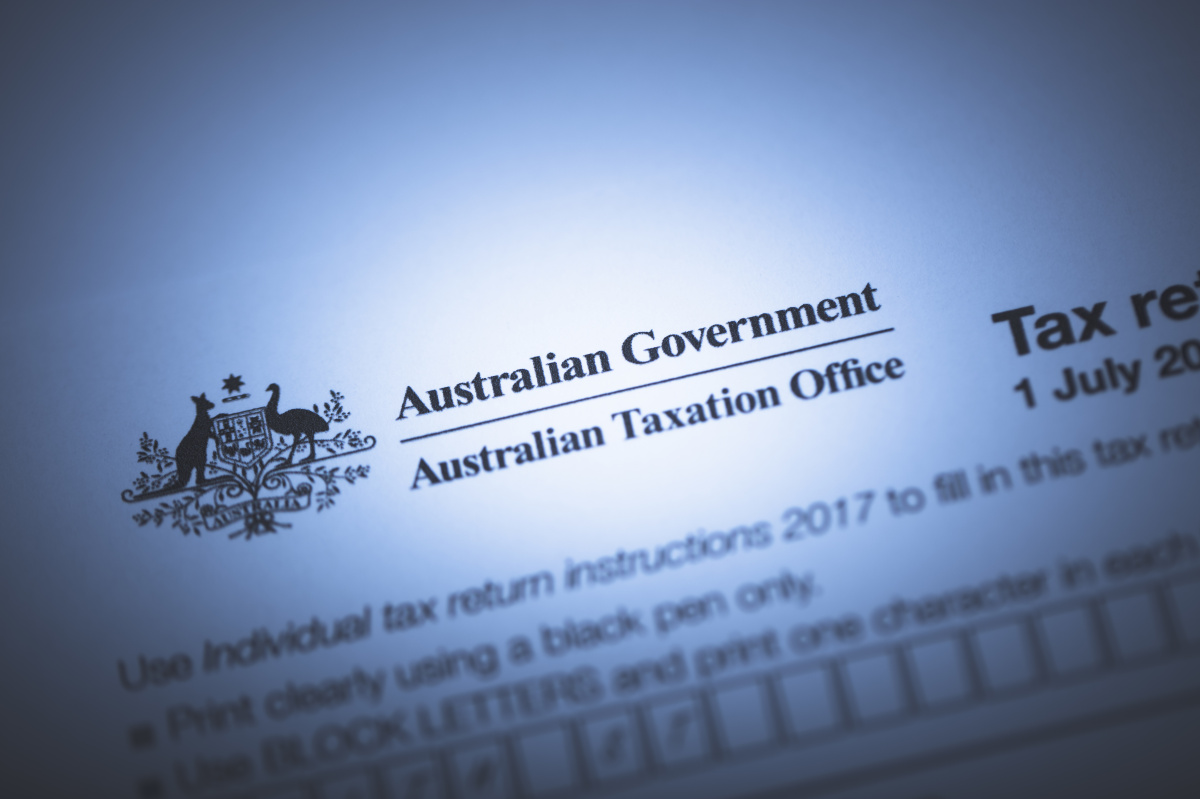Understanding the Australian taxation system can be a daunting task for many. For both residents and newcomers, navigating the complex landscape of taxation is essential to ensure you are paying the right amount and not incurring any penalties. This guide is here to break down the necessary steps to submitting a tax return in Australia, ensuring a smooth and hassle-free experience.
The Australian Tax Year

The Australian tax year runs from July 1 to June 30 the following year. It’s crucial to note these dates as all financial information within this period will be relevant to your overall return submission. The Australian Taxation Office (ATO) oversees all matters related to taxation, and individuals are required to submit their return by October 31 each year. A tax return calculator can help you figure things out.
Determine Your Residency Status for Tax Purposes
Your obligations in Australia significantly depend on your residency status. Residents are taxed on their worldwide income, whereas non-residents are taxed only on their Australian-sourced income.
- Residents for Tax Purposes: If you have resided in Australia for more than six months, and your usual place of abode is in Australia, or you are an overseas student enrolled in a course that is more than six months long, you are considered a resident for these purposes.
- Non-Residents for Tax Purposes: If you do not satisfy the aforementioned conditions, you are considered a non-resident for tax purposes.
Gathering Necessary Documentation

Accurate and complete documentation is the foundation of a smooth tax return process. Essential documents include:
- Payment Summaries: Also known as an income statement, this document outlines the income you have received from your employer.
- Bank Statements: To report any interest earned.
- Receipts for Deductions: Gather all receipts for work-related expenses, charitable donations, and other deductibles to provide evidence for your claims.
Tax-Free Threshold
If you are a resident for these purposes, the first $18,200 of your income is tax-free, known as a free threshold. Non-residents do not have access to this threshold.
Online Tax Return with myGov
The ATO recommends lodging your return online through myGov. The platform is secure, convenient, and fast. The ATO pre-fills your overall return with available data, minimizing the chances of mistakes.
- Create a myGov Account: If you don’t have an account, create one and link it to the ATO.
- Fill in the Necessary Details: Provide all necessary information regarding your income, deductions, and other relevant financial details.
- Submit Your Tax Return: After reviewing, submit your return. Most refunds are issued within two weeks when lodging through myGov.
Seeking Assistance from a Tax Agent
If you find the process overwhelming, consider employing the services of a registered tax agent. Ensure the agent is registered with the Tax Practitioners Board (TPB) to guarantee credible and reliable service. Note that fees apply, but they are deductible in this domain in the following year.
Deductions
Work-Related Expenses
You are entitled to claim deductions for expenses related to your work that you have incurred yourself.
- Vehicle and Travel Expenses: Claims can be made for travel between work and home and transport between different work locations.
- Clothing, Laundry, and Dry-Cleaning Expenses: Uniforms and occupation-specific clothing can be claimed.
- Home Office Expenses: If you work from home, you can claim expenses for office equipment and utilities.
Other Deductions
- Gifts and Donations: Contributions to approved charitable organizations are deductible.
- Cost of Managing Tax Affairs: Expenses paid to a registered agent for managing your tariff affairs are deductible in the year incurred.
Additional Information for Business Owners

If you are a business owner or run a side business, it’s crucial to understand your tax obligations. Different structures (sole trader, partnership, company, or trust) have various requirements and tariff rates. Consult the ATO website or a tax professional for tailored guidance.
Important Dates and Deadlines
One of the critical aspects of a smooth tax return process is being aware of and adhering to the relevant deadlines. As mentioned before, these returns must be lodged by October 31 each year for the previous tax year (July 1 to June 30). If you employ the services of a registered agent, you might be eligible for an extension, but you must be enrolled with the agent in this field before the October 31 deadline.
Common Mistakes to Avoid
1. Omitting Income
One of the most common mistakes is forgetting to declare all forms of income. This includes not only your salary but also any income from freelancing, rent, investments, and dividends. Ensure that you declare every source to avoid penalties and interest on unpaid tolls.
2. Overclaiming Deductions
Be meticulous when claiming deductions. You are entitled to claim only the expenses that you have actually incurred and can provide evidence for. Wrongful claims can attract scrutiny from the ATO and potentially result in penalties.
3. Missing the Deadline
Missing the October 31 deadline can result in penalties, especially if you owe money to the ATO. Ensure that your tax return is one of your top priorities as the deadline approaches to avoid any additional stress or financial strain.
4. Not Seeking Help When Needed
If you are uncertain about any aspect of your tax return, seek help. A registered agent in this field can provide valuable assistance, ensuring that your return is accurate and optimized.
Amendments to Tax Return

Everyone makes mistakes, and the ATO understands this. If you realize that you have made an error in your tax return after submitting it, it is crucial to amend it as soon as possible. You can make amendments for up to two years after the date you receive your notice of assessment. The process can be done online through the ATO’s myGov platform.
Foreign Income
If you are an Australian resident for discount purposes in this domain and have foreign income, it must be declared in your Australian tax return. This includes income from overseas employment, pensions, and investments. Foreign income that is taxed in another country may be subject to a foreign income tariff offset in Australia.
Final Words
Submitting a tax return in Australia, like any bureaucratic process, can be complex and time-consuming. However, arming yourself with the correct knowledge and ensuring all your documentation is in order will ease the process significantly.
Don’t hesitate to seek professional assistance to guarantee you are meeting all your tax obligations while maximizing your return.
By following the outlined steps in this guide, you can confidently navigate tax time down under, ensuring your financial affairs are in order and you are contributing fairly to Australia’s economic infrastructure.











